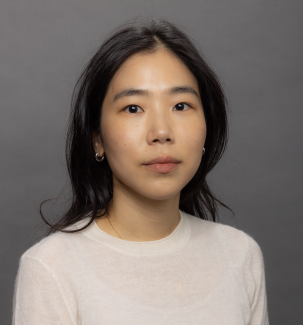Event

The early-twentieth-century kisaeng in Korea were a class of women entertainers whose work comprised a fluid combination of musical performance and sexual labor. While the figure of the kisaeng had existed for centuries, the combination of the abolition of the caste system and the encroachment of colonial rule at the turn of the twentieth century released the kisaeng from their matrilineal caste status and a system of state patronage into a competitive, police-regulated entertainment labor market. The colonial state’s subsequent bifurcation of the kisaeng into licensed sex workers and licensed musical entertainers sets the stage for this talk’s overview of the history of the kisaeng’s labor. Colonial-period anxiety around the coexistence of sexual labor and cultural labor in the work of the kisaeng fueled a popular campaign to “clean up” and eventually eradicate the kisaeng trade through a system of authentication that would separate true artists from an imagined mass of sex workers posing as artists. The talk will thus reflect on the figure of the kisaeng as a site where the public in Korea’s colonial and post-liberation periods tried to construct and enforce a demarcation between the immaterial artistic labor of an ideal kisaeng and the material transactional labor of sex-and-entertainment workers.
Laurie Lee is an assistant professor of music at the University of Pennsylvania and a researcher of culture in twentieth-century Korea. Her current project, Kisaeng: A History of Women’s Entertainment Labor in Korea, 1900–1950, presents a labor history of the early-twentieth-century kisaeng, a class of state-regulated women entertainers in Korea. Lee also conducts research on the afterlives of political songs in South Korea, the history of telephone operators in colonial Korea, the global preservationist fascination with Korean haenyeo/deep-sea divers, and the place of music in the leftist intellectual culture of Korea’s interwar period. She received her PhD in music history and ethnomusicology from Harvard University and has worked as a translator-interpreter for various community, labor, and media groups and projects.